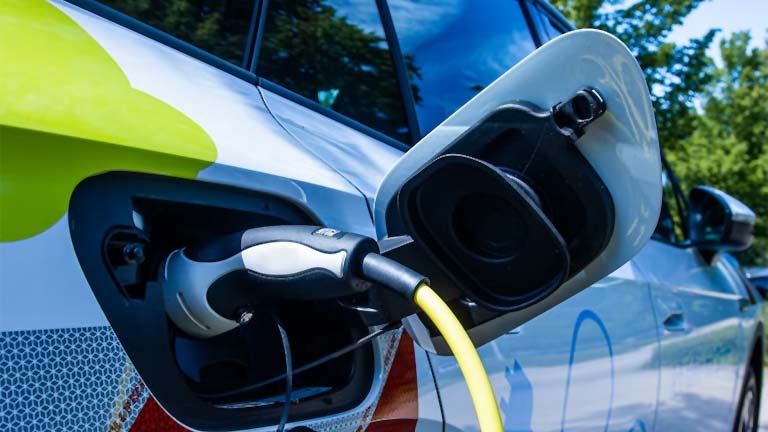
Summertime is just around the corner. Soon it will be time to head out on the water and ride the waves with friends and family. Before climbing aboard, however, everyone should be well informed of proper boating safety. Below, we’ll go over a few of the most important safety considerations every boater should keep in mind.
Wear a Life Jacket
Accidents happen. Whether it’s due to a collision caused by carelessness, bad weather, or simply poor timing, numerous people drown while boating every year. To help avoid tragedy, boaters need to have life jackets accessible for everyone on board and encourage each other to wear them.
As you plan a day of water sports, fishing, and other boating fun, be sure to pack plenty of reliable, age-appropriate life jackets. You should also have emergency provisions, including a first aid kit and fire extinguisher.
Drive Safely
Many of the same rules of the road also apply to boating. Mainly, boaters should never consume alcohol or use their phone while behind the wheel. In fact, drinking and boating can be just as dangerous as drinking and driving while also resulting in serious legal consequences.
Although it may be tempting to crack open a cold one, drivers must be aware that alcohol could cause even more impairment on the water than on land. A combination of sun, wind, vibration and more can accelerate the effects of alcohol. The result is impaired judgment along with poor coordination, delayed reaction time, and vision and balance issues combined to create ideal conditions for disaster.
Check the Weather
An essential part of preparation is looking at the weather forecast. That includes where you’re docked currently as well as your intended destination. Even if the weather looks nice, be aware of how quickly it could change. If the wind suddenly shifts, the skies darken or the water gets choppy, have the plan to get off the water as soon as possible. You should also store a radio on the boat for emergency broadcasts and to call for help if the weather catches you off guard.
Take Proper Precautions
Before casting off, you should perform a preboarding safety check. Included in this list are refueling, topping off oil levels for the engine and transmission, ensuring the battery is fully charged, and so on. The last thing you want is to end up stranded because you forgot to inspect the electrical gear and other components necessary to keep the boat working properly.
Along the same lines is making sure you understand and follow boating laws in the area. The regulations surrounding boating vary by state. If you are somewhere new, you may need to obtain a license or complete a boating safety course. Gather any other relevant documents as well, such as the boat’s registration or operator’s certificate.
A final precaution is filing a “float plan” for the trip. Extremely valuable in times of trouble, this document lists who all is on the boat, where you’re going, and when you plan to return. It should be given to a responsible friend or family member who can start the search and rescue process if you don’t get back at the expected time.
Always Put Safety First
Boating is a great opportunity to have fun and enjoy the weather. All boaters need to properly maintain their vessel and follow safety precautions if everyone’s going to have a good time on the water. For further information on boating accidents and safety guidelines, please see the accompanying resource.

This infographic was created by Veteran Car Donations, which gives a yacht to charity.




